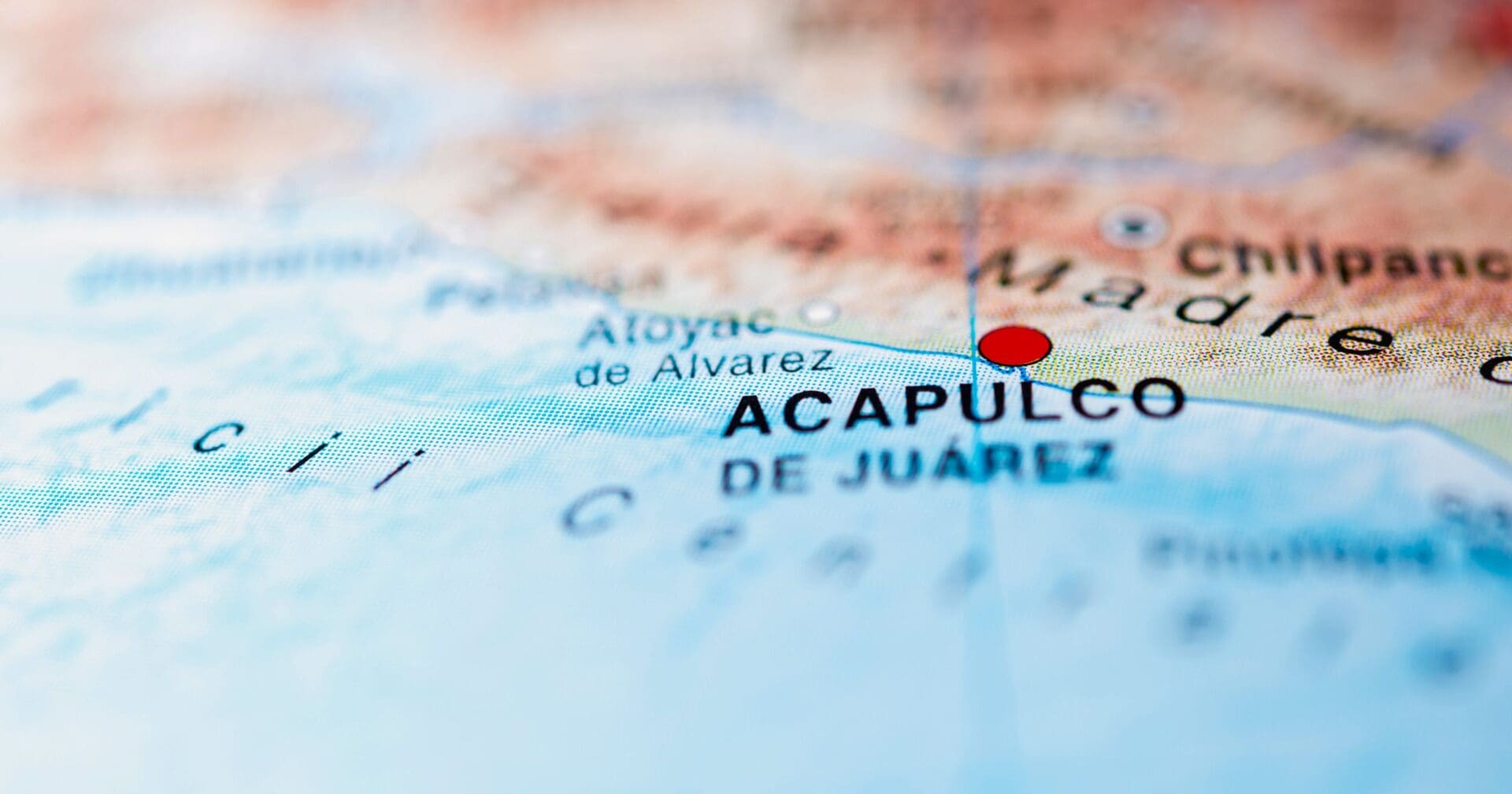A group of Roman Catholic bishops in Mexico has engaged in discussions with leaders of drug cartels in an attempt to forge a peace accord, as confirmed by Bishop José de Jesús González Hernández.
These discussions, which have received the backing of President Andrés Manuel López Obrador, signal a new approach in the ongoing struggle against drug-related violence that plagues many parts of the country.
During a public statement, Bishop González Hernández revealed that these talks were part of a broader, albeit controversial, strategy to mitigate the violence that has resulted from the cartels’ territorial disputes, especially in the Pacific coast state of Guerrero. Despite the initiative, the negotiations have yet to yield a lasting truce, primarily due to disagreements over territories.
President López Obrador has expressed his support for such dialogues, emphasizing the role of the Church and other religious leaders in pacifying the nation. However, he firmly stated that any agreement should not include concessions that would lead to impunity or privileges for the cartels.
The talks reflect the government’s broader policy of “hugs, not bullets,” which aims to address the cartel issue without direct confrontation. This strategy has been met with criticism from various quarters, including from within the Church. A priest from Michoacan, speaking on condition of anonymity to Associated Press, called the talks a tacit admission of the government’s failure to ensure safety, said, “we wouldn’t have to do this if the government did its job right.”
Retired Bishop Salvador Rangel, also involved in the peace efforts, defended the negotiations as a valid attempt to restore peace and harmony, despite their lack of success.
Photo credit: Tudoran Andrei / Shutterstock.com














